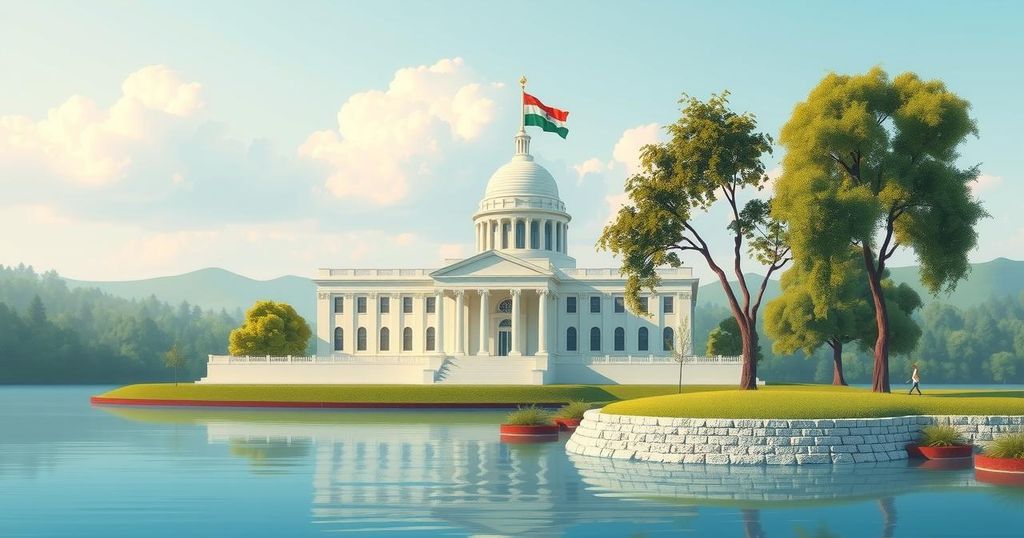Mozambique’s Daniel Chapo was sworn in as president following a disputed election marked by protests and violence, with over 300 reported deaths. Chapo’s administration aims to address political stability, youth unemployment, and public services while facing significant opposition challenges. The post-election situation has affected foreign businesses and cross-border trade, raising concerns about governance and civil unrest in Mozambique.
Daniel Chapo of the Frelimo party in Mozambique has officially assumed the presidency during a low-key ceremony, following a tumultuous period marked by protests over his contested election win. According to a local civil society group, over 300 fatalities have occurred in violent confrontations between protesters and security forces since the election on October 9, which was deemed neither free nor fair by Western observers. Frelimo has consistently denied these allegations of electoral malpractice.
Since Frelimo’s ascendancy after gaining independence from Portuguese colonial rule in 1975, the party has maintained power, surviving through a devastating civil war that ended in 1992. In his inaugural address, President Chapo highlighted the importance of restoring social and political stability and mentioned plans to downsize the government, mitigate youth unemployment, and enhance health and education services.
The atmosphere in the city center of Maputo was notably quiet, under heavy police and military oversight during Chapo’s inauguration. Cyril Ramaphosa, the President of South Africa, was among the limited number of international dignitaries present at the ceremony. Meanwhile, opposition leader Venancio Mondlane, who reportedly placed second in the election, has returned from exile urging his followers to persist in their demonstrations against Chapo’s administration.
The ongoing post-election protests represent a significant challenge to Frelimo’s governance, being the most substantial in Mozambique’s history and impacting foreign investments in the nation. These events have not only disrupted domestic business operations but have also led to complications in cross-border trade, prompting some individuals to seek refuge in neighboring countries.
The political landscape in Mozambique has been tumultuous, particularly following the disputed election in October 2025, where Daniel Chapo’s victory was met with significant allegations of electoral fraud by the opposition. The Frelimo party, in power since the country’s independence, has faced growing dissent over its administration’s actions, leading to widespread protests and significant civil unrest. Such events have underscored long-standing grievances regarding governance, transparency, and civil liberties in Mozambique, a nation with a complex history of conflict and political challenges.
In summary, Daniel Chapo’s presidency has begun amid significant controversy following allegations of electoral fraud and widespread protests. With over 300 deaths reported due to clashes, the governance of Frelimo faces unparalleled challenges as the opposition mobilizes its supporters for continued demonstrations. The situation remains precariously balanced, with the government’s actions in the coming months likely to shape Mozambique’s political landscape and stability.
Original Source: www.usnews.com






